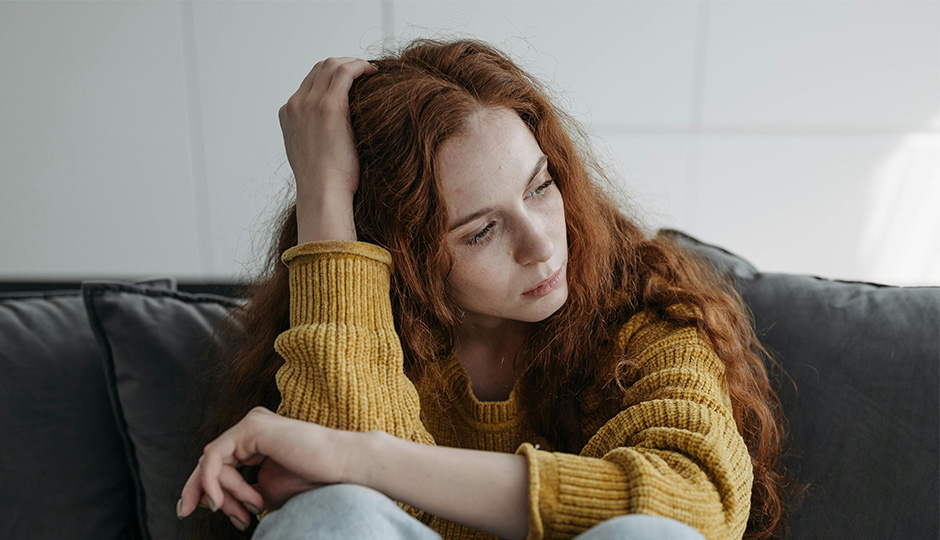Let's face it: we live in a busy world, and sometimes, we need to shave a few minutes from our routine. When your hair needs a quick refresh, but you don't have time to wash it, dry shampoo can be an easy solution. While a few sprays can quickly refresh your hair, like most hair products, there is always the question of safety and whether dry shampoo can damage the scalp and hair or potentially lead to hair loss.
What is Dry Shampoo, and How Does it Work?
While dry shampoo doesn't actually shampoo your hair, it does freshen your hair without the need for washing. Typically, dry shampoos use chalky powders and alcohol to absorb excess oils and sebum from the scalp. They also contain aerosols for easy spray application and fragrances to mask the odor.
Dry shampoo absorbs the dirt and sebum on the scalp that builds up between washes and can provide increased volume and a fresh appearance. Many people use dry shampoo to assist in hair styling and reduce the greasy appearance of the scalp when washing their hair is either impractical or impossible.
How Dry Shampoo Affects Your Hair and Scalp
While dry shampoo can be a convenient time saver, it can cause unwanted damage to your scalp and hair. Using dry shampoo too often or in excess can cause the product to build up on your scalp and clog your hair follicles. If not removed with regular hair washing, the build-up can lead to conditions such as seborrheic dermatitis or folliculitis of the scalp.
The most common issue people have when using dry shampoo is dandruff. Dandruff typically occurs when an oil imbalance causes dead skin cells and sebum to build up and shed from the scalp. It's vital to keep your scalp clean to help prevent dandruff, which can be challenging if you continually use dry shampoo to extend the life of your hair.
Over time, a dry shampoo build-up on the scalp can interfere with your hair follicle's ability to produce strong, healthy strands of hair. Overusing dry shampoo can prevent nutrients from reaching the hair follicles and result in inflammation and blockage of the follicles. Blocked and inflamed hair follicles may become permanently damaged, which can lead to increased hair shedding, thinning hair, and hair loss.
Dry shampoo is more of a hair freshener than a hair cleaner. Unlike ordinary shampoos, dry shampoo does nothing to actually remove dirt and clean your scalp and hair. While it may temporarily freshen your hair, dry shampoo can dry out your strands, making them more likely to break.
Dry Shampoo and Hair Loss
If you're wondering if there is a connection between dry shampoo and thinning hair or hair loss, the answer is yes, but not directly. Dry shampoo in and of itself does not directly cause hair loss.
However, when used several times a week, the ingredients in dry shampoo can build up and create unhealthy scalp conditions.
When dry shampoo begins to build up on the scalp, it can cause the hair follicles to become inflamed, which can weaken the follicles and increase hair shedding. Eventually, the hair follicles can become permanently damaged, leaving them unable to produce healthy strands of
hair and leading to hair loss.
Maintaining a Healthy Scalp
An unhealthy scalp can cause your hair growth to slow and lead to thinning hair or hair loss. To avoid the build-up from overusing dry shampoo, never use the product more than twice between washings. It would be best never to use dry shampoo to replace washing your hair, but only to freshen up your look.
Hair loss has a wide range of causes, but many cases are directly related to the health of your scalp. At LH Hair, our team of hair experts is committed to helping you develop the healthiest scalp possible to help you grow the thick, full head of hair you deserve. Contact us today and schedule your FREE initial consultation to learn more about the connection between dry shampoo and hair loss and how you can ensure you keep your natural head of hair.



